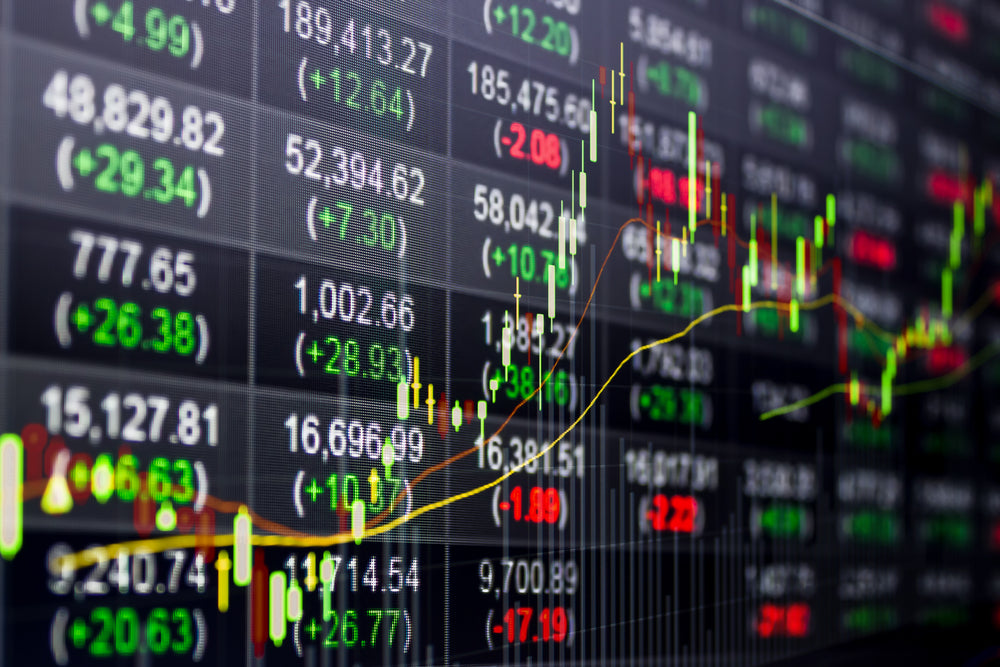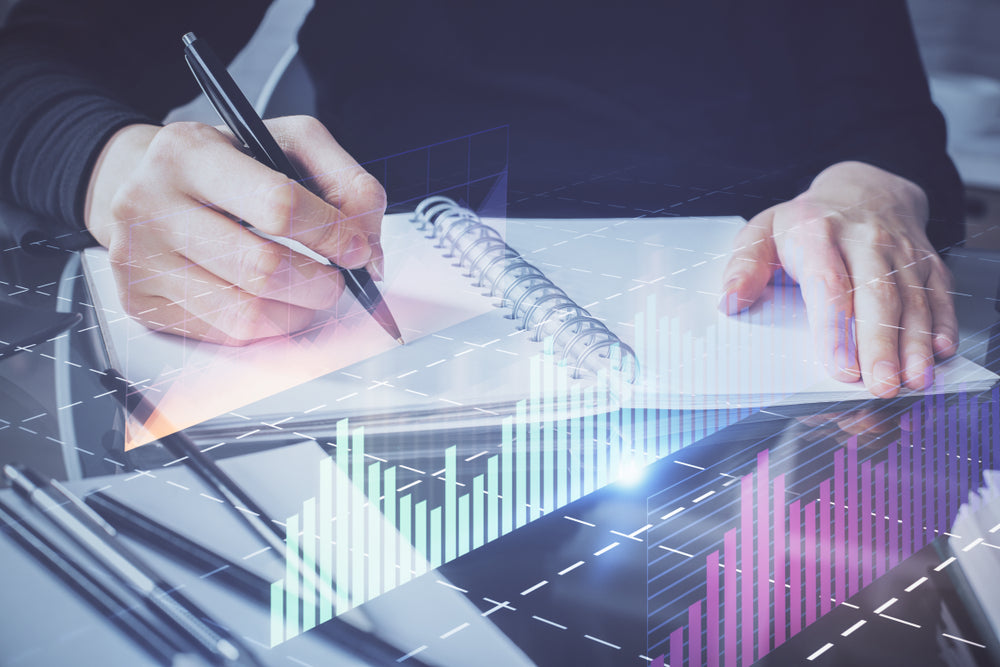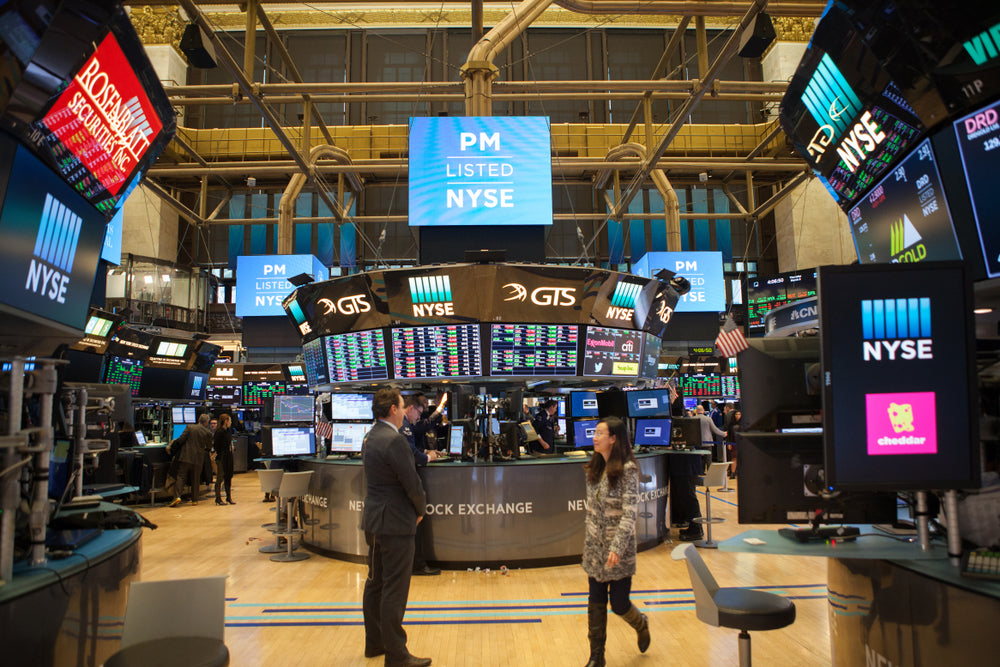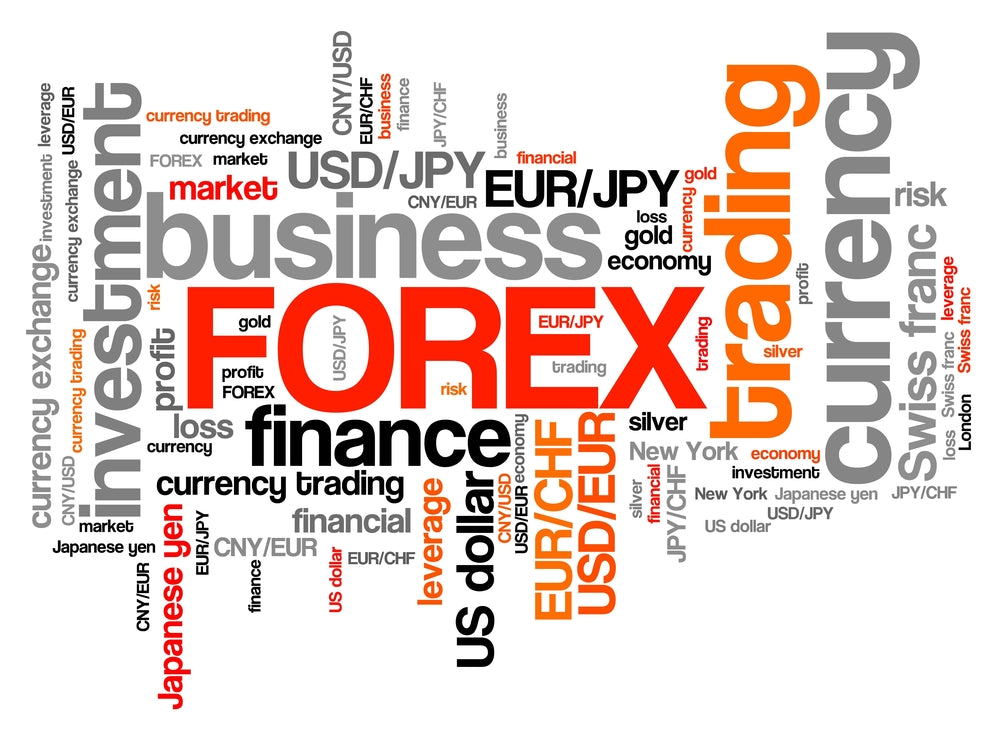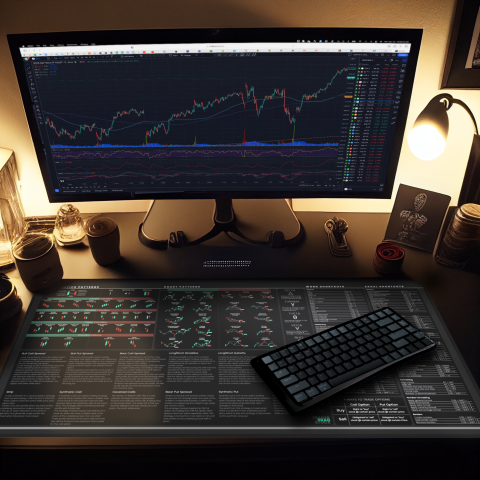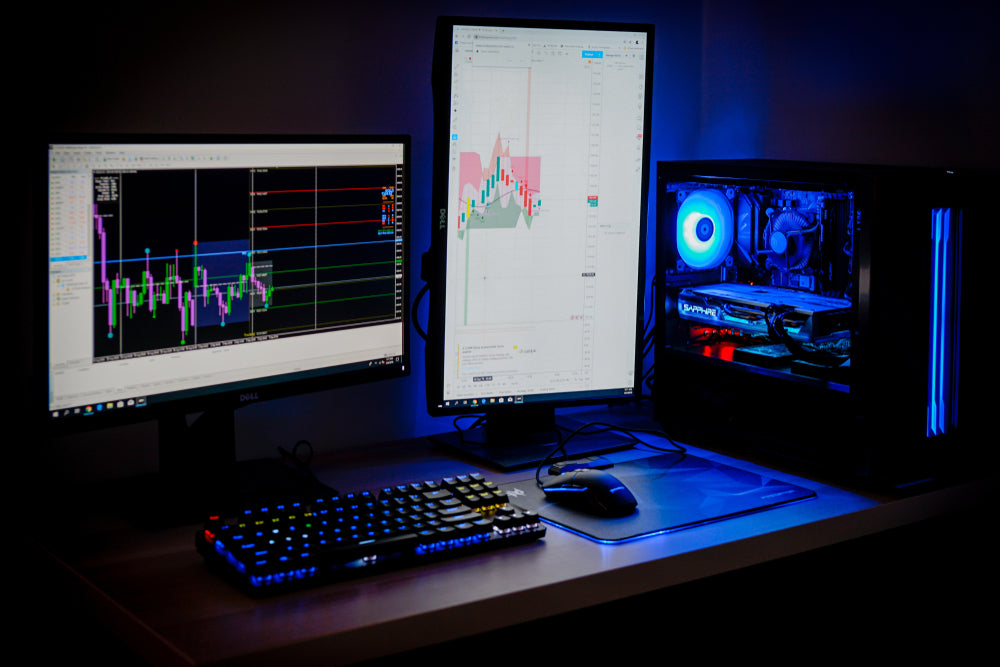In today's fast-paced digital era, understanding the different types of traders is critical to your success. Beyond traditional stocks and bonds, the dynamic worlds of crypto and forex have brought forth a spectrum of trading strategies.
Grasping the nuances of each trader type equips you with a competitive edge. It allows for better market predictions, informed decision-making, and the ability to capitalize on diverse market movements. Furthermore, understanding the strategies employed by others can help refine your own, enhancing profitability and risk management.
Whether you're just getting started with day trading or fine-tuning your investment approach, this guide will help you navigate the varied strategies in play. Let's get started and decode the methods behind the screens.
Lights, Camera, ACTION!
Arbitrage Trader
What is an Arbitrage Trader?
Among the different types of traders, the arbitrage trader stands out with a unique approach. At its core, arbitrage trading revolves around capitalizing on price discrepancies. Traders spot these differences across multiple markets or platforms and execute simultaneous buy and sell orders to secure a profit.
Characteristics
- Quick Decisions: Time is of the essence. Price disparities can close rapidly, requiring swift actions.
- Technological Reliance: Advanced software and algorithms often aid in detecting and acting upon profitable discrepancies.
- Risk Management: While seemingly risk-free, issues like execution delays can turn profits into losses.
Application
In the realm of crypto and forex, global market disparities offer abundant arbitrage opportunities. For instance, a cryptocurrency might be priced differently on a U.S. exchange compared to an Asian one. Savvy traders harness these differences, but it's essential to factor in transaction fees and potential tax implications.
Fundamental Trader
What is a Fundemental Trader?
Fundamental traders base their decisions on a company or asset's intrinsic value. They analyze various economic indicators, financial statements, and market trends to gauge this value.
Characteristics
- Deep Analysis: These traders dive into earnings reports, balance sheets, and news releases.
- Long-Term Perspective: Unlike some traders who act on short-term market fluctuations, fundamental traders often have a longer investment horizon.
- Macroeconomic Insights: They consider broader economic factors, like interest rates or geopolitical events, that can influence an asset's value.
Application
In the stock market, this approach involves evaluating company health and industry trends. When looking at the different types of forex traders, the fundamental approach is about understanding country economies and monetary policies. Crypto, being relatively new, poses a challenge. Still, fundamental traders here might consider factors like a cryptocurrency's utility, regulatory environment, and technological advancements.
Market Timer
What is a Market Timer?
Market timers attempt to predict the future movement of markets based on past data and patterns. Their goal is to buy low and sell high, capitalizing on predicted market fluctuations.
Characteristics
- Data-Driven: These traders heavily rely on historical data and trends.
- Technical Analysis: Chart patterns, moving averages, and other technical indicators guide their decisions.
- Risk Appetite: Timing the market can be risky, making a robust risk management strategy crucial.
Application
In stock trading, market timers might use company earnings and macroeconomic data as signals. Forex timers often monitor global news and central bank announcements. When considering different types of crypto traders, market timers, with their focus on prediction, frequently use advanced technical analysis tools and indicators to anticipate price movements in the volatile crypto landscape.
Noise Trader
What is a Noise Trader?
Noise traders base their decisions on recent news, rumors, or feelings rather than on thorough analysis. Often, these traders react to the 'noise' of the market, causing them to make decisions that might not be grounded in solid data.
Characteristics
- Reactive Nature: They respond quickly to market news, whether it's a tweet, headline, or rumor.
- Short-Term Focus: Typically, their trading horizon is brief, with decisions made on the fly.
- High Volatility: Given their reliance on real-time news, noise traders often face a volatile trading experience.
Application
Stock traders in this category might react to company-specific news or broad market sentiments. In the forex world, geopolitical events or unexpected economic data can spur quick decisions. Crypto noise traders face a unique challenge, given the rapid pace of the sector and the high sensitivity to news, from regulatory changes to technological advancements.
Sentiment Trader
What is a Sentiment Trader?
Sentiment traders operate based on the collective mood or feeling of market participants. Instead of solely relying on hard data or news, they gauge and act upon the overall sentiment of the market.
Characteristics
- Emotion-Driven: These traders understand that markets often move based on participants' emotions, not just facts.
- Use of Indicators: Tools like the Fear & Greed Index or market sentiment charts guide their decisions.
- Adaptive Strategy: As market mood shifts, sentiment traders adjust their approach accordingly.
Application
In stocks, they might focus on investor sentiment surrounding specific sectors or earnings seasons. Forex sentiment traders keep an eye on global events and their impact on currency pairs. For crypto, where emotions can run particularly high, sentiment traders closely monitor community reactions, news coverage, and social media trends to gauge market mood.
Day Traders
What is a Day Trader?
Day traders buy and sell assets within a single trading day, aiming to capitalize on short-term market movements. Their strategy revolves around seizing small price gaps that might occur during a day's trading.
Characteristics
- Quick Turnaround: They don't leave positions open overnight to avoid potential market shifts while they're away.
- Technical Analysis: Day traders heavily rely on real-time charts and technical indicators to make decisions.
- Risk Management: Given the short timeframe, setting stop-loss and take-profit points is crucial.
Application
In the stock market, they might focus on companies releasing earnings reports or those affected by significant news events. Forex day traders often target currency pairs influenced by short-term economic data releases. Crypto day traders, given the market's volatility, need to be especially agile, often trading on minute-to-minute price changes.
Swing Traders
What is a Swing Trader?
Swing traders operate on a slightly longer timeframe than day traders, holding positions for several days or weeks. Their goal is to capture price 'swings' or movements during this period.
Characteristics
- Middle Ground: They find a balance between short-term day trading and long-term investing.
- Trend Analysis: Identifying and capitalizing on market trends is a core strategy.
- Patience: Unlike day traders, swing traders wait for their anticipated price movements to unfold.
Application
Stock swing traders might target companies going through transformative events or sectors experiencing momentum. In forex, they could focus on pairs moving due to prolonged geopolitical events or anticipated economic policy shifts. Crypto swing traders, given the market's rapid developments, need to be keenly aware of upcoming events, product launches, or regulatory changes that might affect price trends.
Options Traders
What is an Options Trader?
Options traders engage in buying and selling options rather than the underlying assets. An option provides the right, but not the obligation, to buy (call) or sell (put) an asset at a predetermined price within a specified timeframe.
Characteristics
- Strategic Flexibility: Options can be used for various strategies, from hedging to speculative plays.
- Leverage: Options allow traders to control a larger position with a relatively small amount of capital.
- Defined Risk: The maximum loss is limited to the premium paid for the option.
Application
In the stock market, options can be used to hedge against potential price drops or to speculate on price movements without owning the actual stock. While options exist in the forex market, they are less common than in equities. Options in the crypto space are still developing, with some exchanges offering Bitcoin and other cryptocurrency options.
Margin Traders
What is a Margin Trader?
Margin traders use borrowed funds from a broker to trade assets, aiming to amplify potential profits. However, this also comes with increased risk.
Characteristics
- Leverage: Trading on margin amplifies both potential gains and potential losses.
- Interest Costs: Borrowed funds come with interest, which can eat into profits if trades don't go as planned.
- Margin Calls: If the value of the trader's position falls below a certain level, they might be required to deposit additional funds or sell assets to cover the deficit.
Application
Stock traders often use margin accounts to increase their buying power. In forex, margin trading is standard due to the inherently leveraged nature of currency trading. Crypto exchanges also offer margin trading, but it's essential to be aware of the high volatility and potential for significant losses.
From Reel to Reality: Your Trading Blockbuster Awaits
Hey there, intrepid trader. We get it — embarking on your trading journey can sometimes feel like you're the lead in a high-stakes movie. One scene, you're the hero, owning the stock floor, and the next, it's a plot twist that has you second-guessing your script.
Breathe. Every legendary actor has their moments of doubt, right? But what sets them apart is the ability to harness those feelings and turn them into Oscar-worthy performances.
Now, think about this article as your behind-the-screens look into the world of trading. With every type of trader you've just explored, you're adding depth to your character, ready to face any challenge the director (or the market) throws your way.
So, lights, camera, action! Embrace your role, learn your lines, and remember: with the insights from this guide, you're not just any trader; you're the star of your own blockbuster.
And as the credits roll on your trading day, let your strategy, knowledge, and passion be your standing ovation.

